Self-driving car guidelines are a huge step in getting autonomous vehicles on the road
New rules should speed up self-driving car development
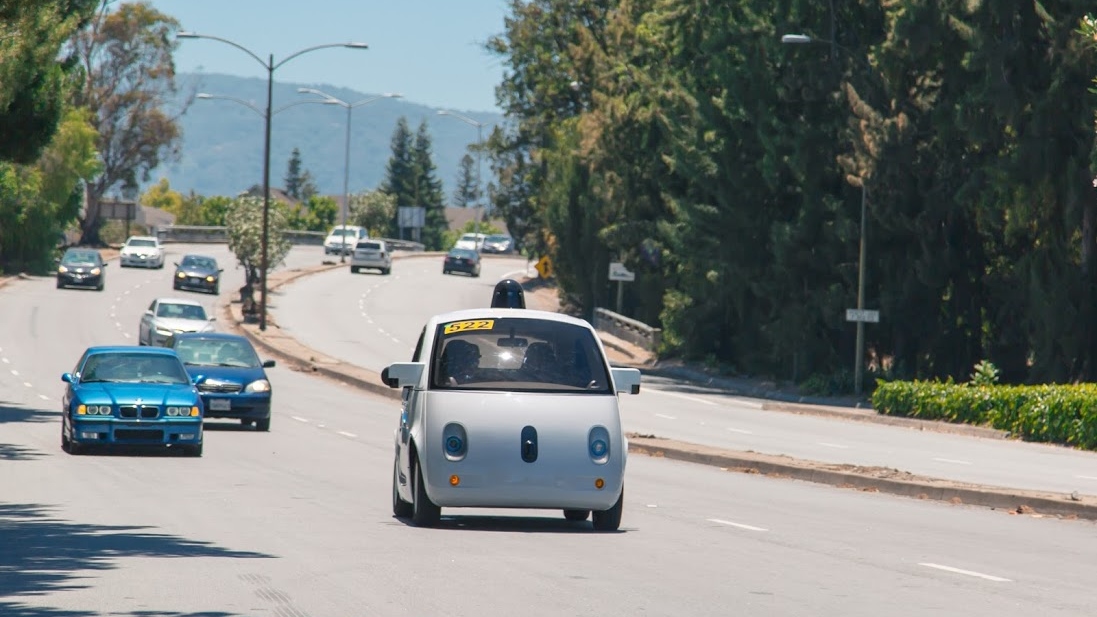
Self-driving cars are inevitable, with car makers spending millions on research and development on self-driving systems. It seems a new self-driving car startup pops up every day, and on Monday, the US government finally released its Federal Automated Vehicles Policy which lays out guidelines for self-driving cars.
The 116-page document, put together by the US Department of Transportation (DOT) after extensive research, outlines a 15-point safety assessment that all self-driving car manufacturers must adhere to.
This includes how vehicles are assessed, how data should be recorded and shared, and how autonomous systems should react in the case of a crash.
The document is designed to accelerate the creation and adoption of self-driving vehicles. The DOT will constantly monitor feedback from automakers and the public to evolve its guidelines.
Here's what you need to know.
What's the consensus on self-driving cars?
In an op-ed for the Pittsburgh Post-Gazette, President Barack Obama praised the benefits of self-driving cars.
"Right now, too many people die on our roads – 35,200 last year alone – with 94 percent of those the result of human error or choice," wrote the president. "Automated vehicles have the potential to save tens of thousands of lives each year. And right now, for too many senior citizens and Americans with disabilities, driving isn't an option. Automated vehicles could change their lives."
Get daily insight, inspiration and deals in your inbox
Sign up for breaking news, reviews, opinion, top tech deals, and more.
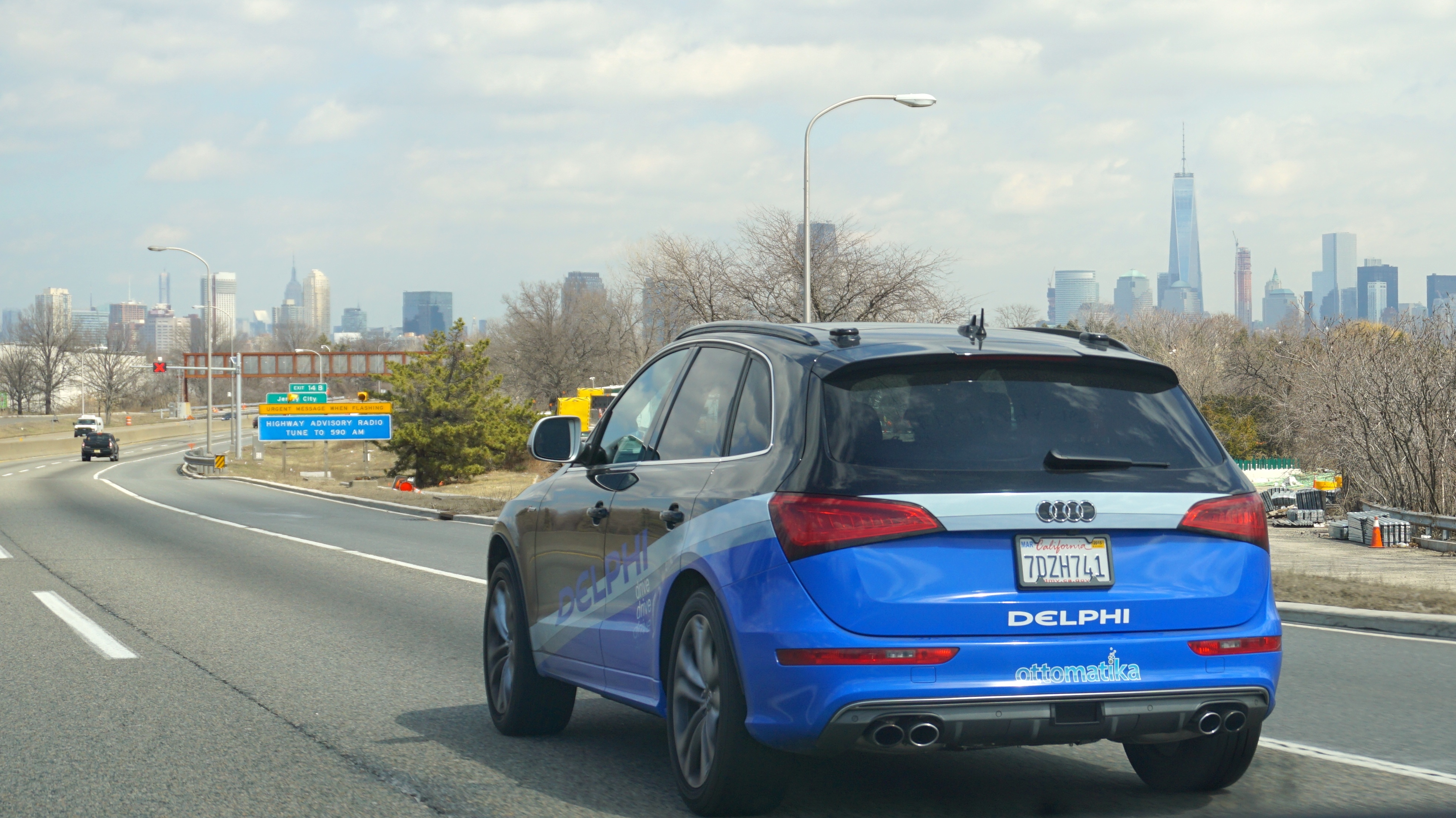
The DOT is also excited about the abilities of self-driving cars to reduce the number of traffic deaths and for giving disabled persons more mobility. In creating the Federal Automated Vehicles Policy, the DOT hopes to create a national set of standards on which car makers can develop systems for, instead of creating systems for each of the 50 States.
"We do not intend to write the final word on highly automated vehicles here," reads the DOT guidelines. "Rather, we intend to establish a foundation and a framework upon which future Agency action will occur."
John Bozzella, CEO of the Association of Global Automakers, which includes companies like Honda, Hyundai, Nissan, Subaru and Toyota, lauded the government's approach.
"Global Automakers and its members remain committed to working with federal, state and local governments to ensure there is a flexible, consistent framework for automated vehicle technologies so consumers can fully realize the benefits as quickly as possible," he said in a statement to Autoweek.
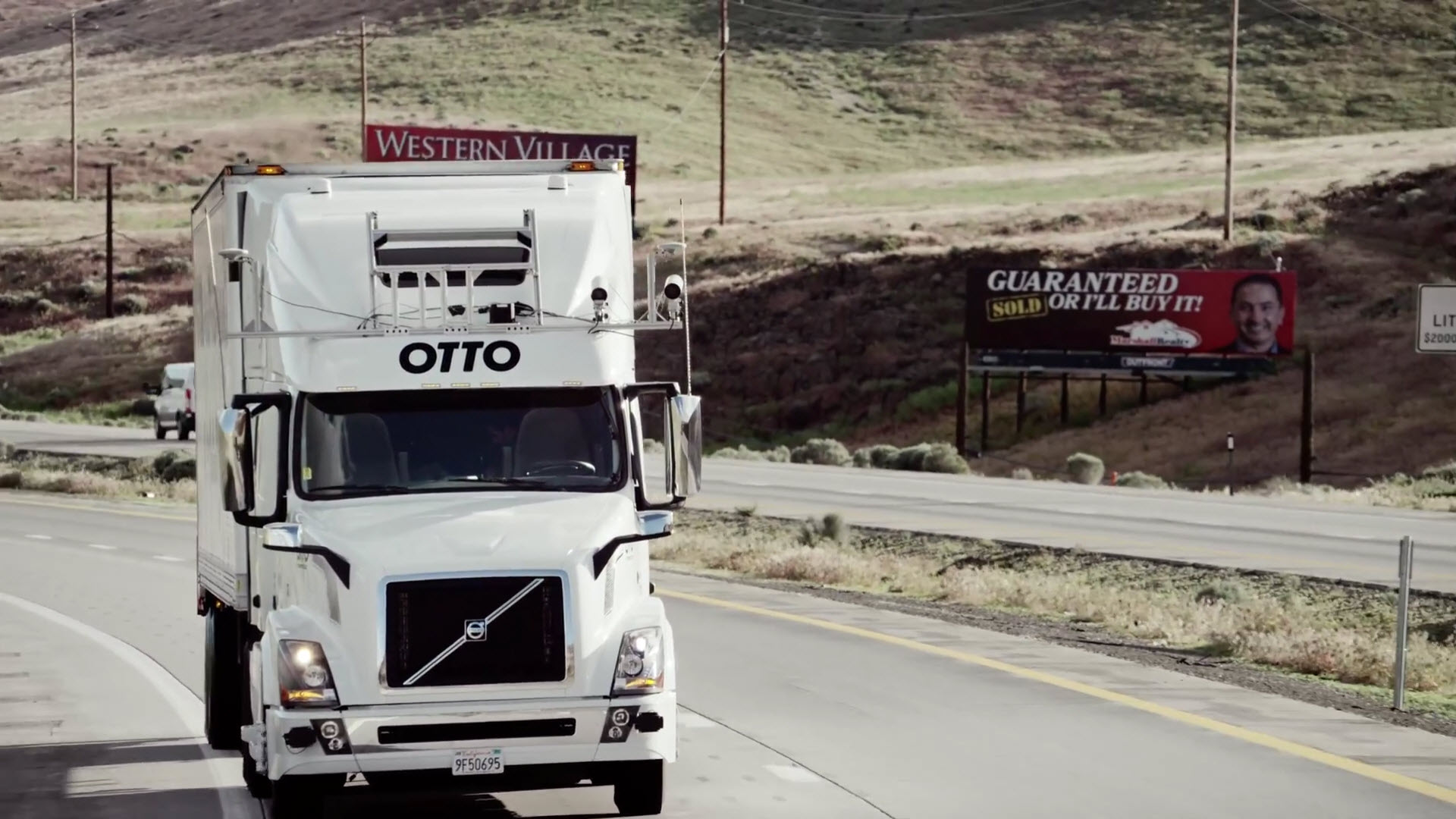
Self-Driving Coalition spokesperson David Strickland said during a press call today, "We're very appreciative of the process. We're working hard to absorb [the document] and look forward to working with the DOT."
Strickland notes that the Self-Driving Coalition has a 60-day period to provide feedback to the DOT about the document. Although the guidelines are effective immediately, the DOT notes these will constantly change as technology progresses and as the public and car makers provide feedback.
The Self-Driving Coalition represents Ford, Google, Lyft, Uber and Volvo, companies that are all in competition with one another. It could be tricky getting competitors to agree on policy, but Strickland remains optimistic. "The nature of every coalition is that it's an open discussion and we'll find consensus," he said on the call.
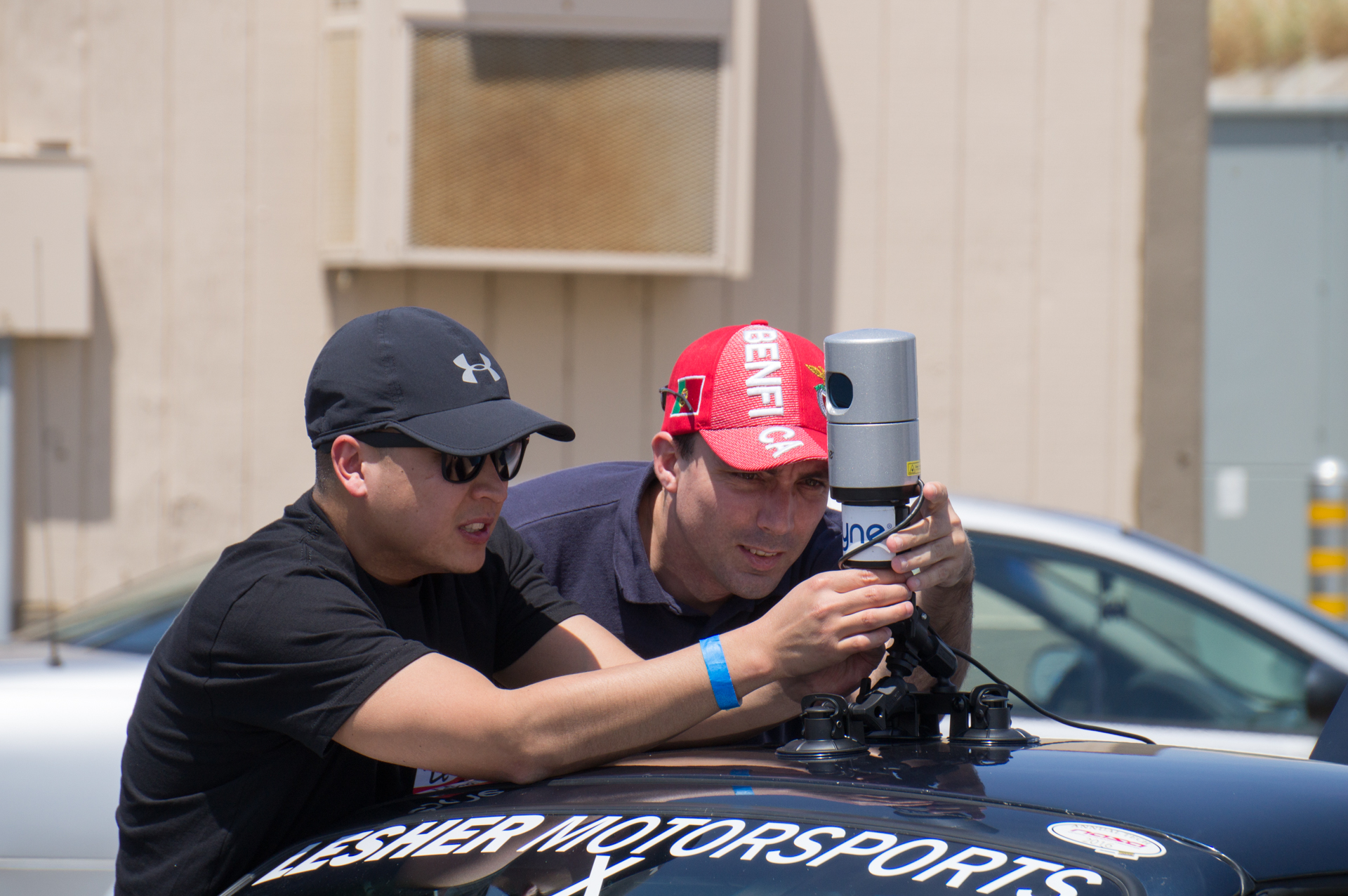
But perhaps the most worrying aspect of the DOT's autonomous vehicle policy is that companies will have to figure out how to share sensitive data with the government without leaking info to competitors.
"This is going to take a lot of internal conversations and getting answers from the agency," said Strickland. "Data is incredibly important. On the other hand, safety is our number one priority."
The DOT's policy only discusses anonymizing user data to protect privacy, but doesn't address how companies should keep their secrets from competitors.
What else do the guidelines say?
The Federal Automated Vehicles Policy is a comprehensive document that aims to address every aspect of public safety when it comes to autonomous vehicles. There are sections that lay out testing guidelines for manufacturers, how they should design their systems to be transparent to users and how car makers should deal with a system failure.
Perhaps most interestingly, the document goes into the ethical considerations of self-driving cars. It provides an example where a car is double parked on a two-lane road. Should the autonomous car overtake in the oncoming traffic lane if it deems it safe, or should the car request for its human occupants to take over?
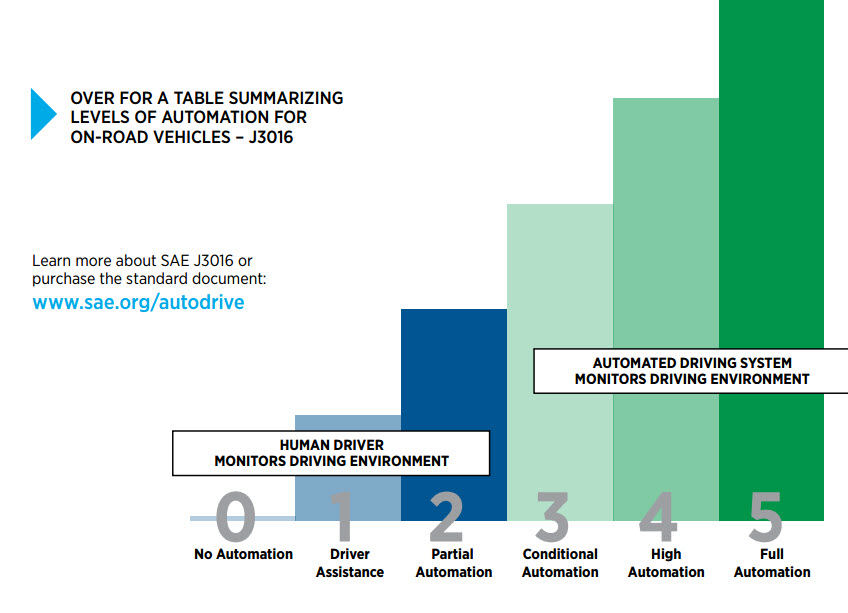
The guidelines also make clear what constitutes as a self-driving car, citing the Society of Automotive Engineer's 0 to 5 scale of vehicle autonomy. Level 0 to 2 are defined as "lower levels" of automation where "drivers are expected to remain fully engaged in the driving task, like Tesla's current Autopilot system. Levels 3-5 are defined as Highly Automated Vehicle (HAV) systems where vehicle systems "are capable of monitoring the driving environment."
The guidelines also define what falls under state and federal authority. In short, states are responsible for human drivers, while the federal government will be responsible for regulating and enforcing autonomous driving standards. States will also have the authority to regulate vehicle insurance and liability, meaning insurance policies and liability for self-driving vehicles may vary from state to state.
Will the guidelines delay self-driving car development?
In short, no. The DOT is using its policy to help make it easier for automakers to bring their self-driving cars to market. Instead of taking years to seek and approve exemptions and clarification, the DOT has pledged to reduce that time to six months.
Since the government will be regulating self-driving cars, this will help automakers develop systems that are legal across all 50 states instead of having to develop different systems for different states.
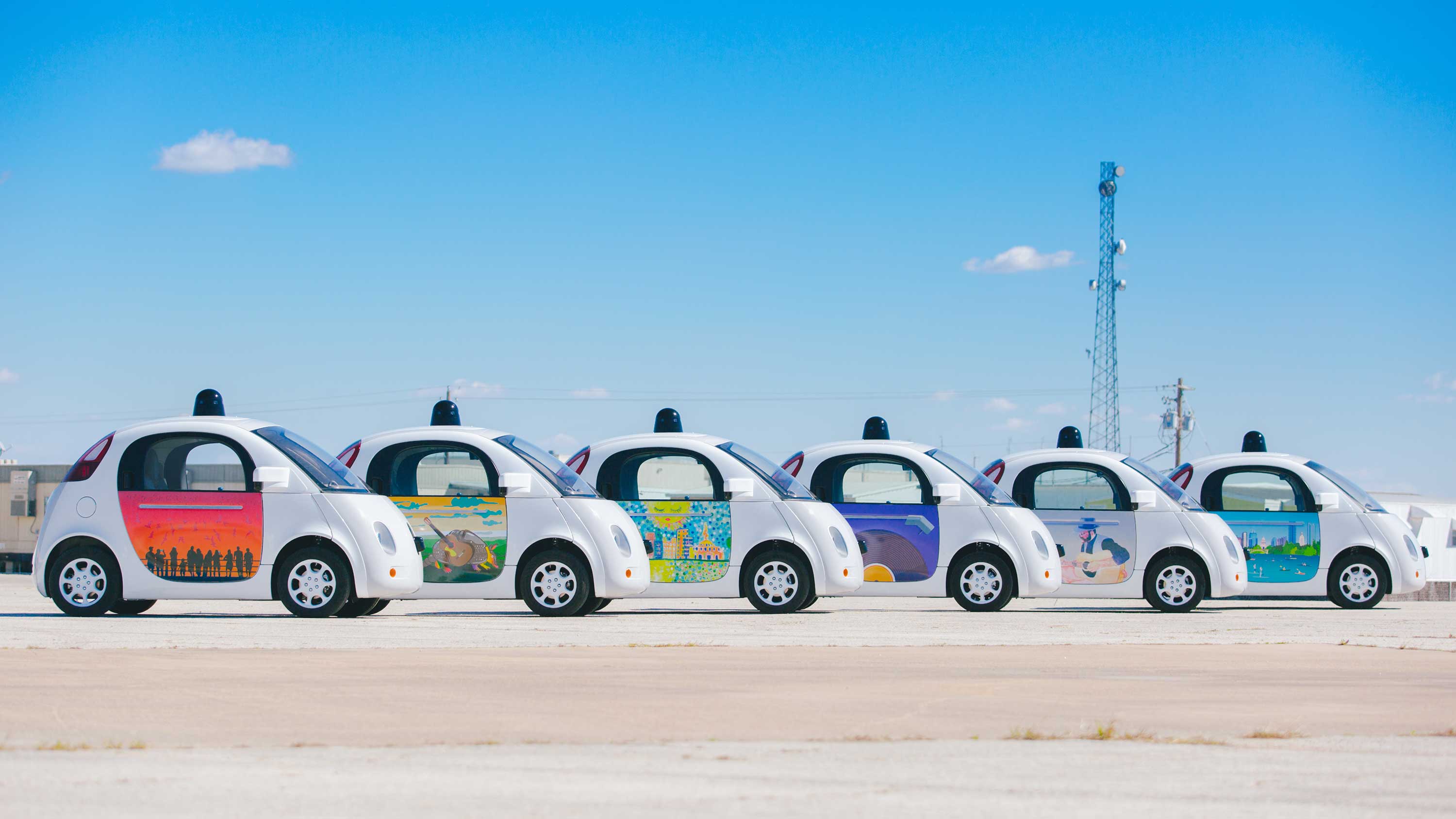
Google and Nissan plan to have self-driving cars on the roads by 2020 and that timeline should still be achievable. Companies that are currently testing their driverless cars, like Ford, may need to submit applications to the National Highway Traffic Safety Administration (NHTSA) if their test fleet is found in violation of posing "an unreasonable risk to safety." Carmakers will also have to submit requests for new technologies and vehicle design that don't apply to current NHTSA standards.
Self-driving cars are now closer than ever
While companies rarely want more government oversight, the DOT's Federal Automated Vehicles Policy has been well received by automakers and regulators alike. It's a big win for self-driving cars, as companies now have a clear standard to aim for.
The DOT's language is friendly and approachable, aiming to work with automakers and the public to create and modify guidelines that will keep companies accountable and the public safe.
Self-driving cars are an exciting part of our transportation future, and it's encouraging to see the DOT be proactive before autonomous vehicles start hitting the streets. There are still open-ended technological and ethical questions that need addressing, but the Federal Automated Vehicles Policy is a great first step.
